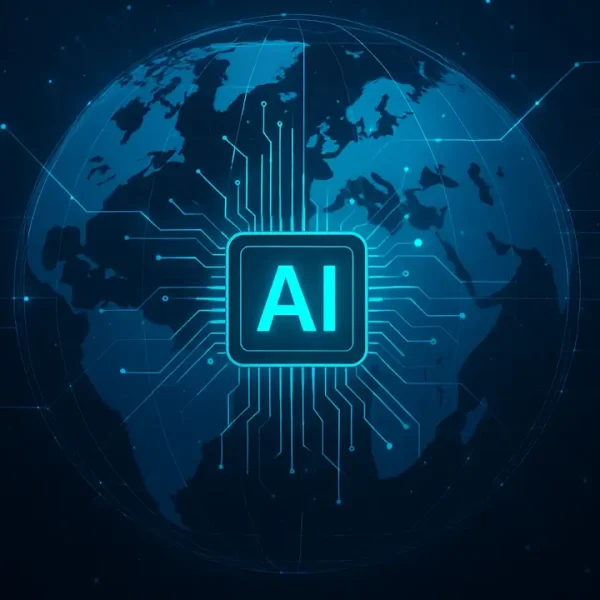We’re witnessing one of the boldest digital transitions in the world right now: a nation of 1.4 billion, moving at breakneck speed from brittle, rules-based bots to AI systems that don’t simply respond to instructions but can independently pursue goals, adapt to new data, and collaborate alongside humans.
The Old Playbook is Dead.
For years, Indian businesses obsessed over automating the obvious, reconciling invoices, routing support tickets, ticking boxes. That era is over. This transition marks a significant shift from earlier automation technologies such as robotic process automation (RPA), which were designed mainly to handle repetitive, rules-based tasks. Agentic AI, in contrast, is dynamic and decision-driven, opening new frontiers for complex problem-solving and operational efficiency.
India is rushing into agentic AI. Faster than anyone expected. Nearly 80 per cent of surveyed Indian organisations are planning to initiate proof-of-concepts (PoCs) or fully adopt AI agents by 2025.
This is the paradox: India wants AI that thinks for itself. But the bigger risk may be not knowing exactly how it thinks, or what decisions it’s making on your behalf.
While early pilots are delivering real results, cracks are already showing: rising costs, governance challenges, and questions about business value threaten to stall momentum as soon as 2027. Deloitte’s latest “State of GenAI” report for India is blunt: success depends not just on technology, but on trust, robust data pipelines, and enforceable governance. It’s no longer enough to run demos; Indian enterprises must now prove that agentic AI delivers measurable value, at scale, with accountability.
And there’s a bigger meteor on the horizon.
The Great Agentic AI Shakeout
Gartner’s forecast is a sober wake-up call: over 40% of agentic AI projects worldwide could be cancelled by 2027, casualties of “agent washing”, where tools are prematurely branded as autonomous agents without delivering true self‑governing capabilities. Gartner analyst Anushree Verma warns that most agentic AI propositions lack significant ROI, and organizations must distinguish between flashy demos and strategic, cost‑effective implementations.
The next two years will separate the signal from the noise. The winners will be those who align technical ambition with transparent evaluation, strong governance, and a relentless focus on outcomes- not just innovation for innovation’s sake.
Is there a silver lining?
Absolutely. Every tech revolution goes through a correction phase, and agentic AI is no different. By 2028, Gartner predicts that 15% of everyday business decisions will be made autonomously, and a third of enterprise applications will embed agentic AI features.
For India, the opportunity is historic: to lead not just in adoption, but in setting the standards for responsible, high-impact AI.












